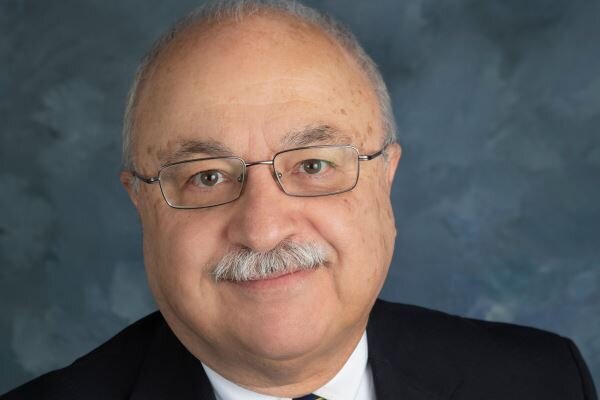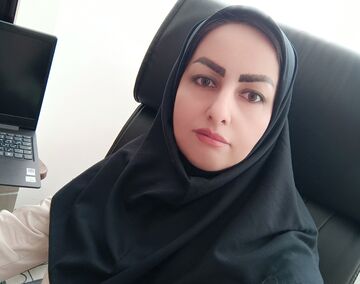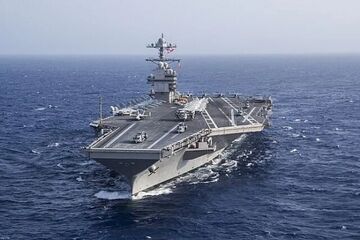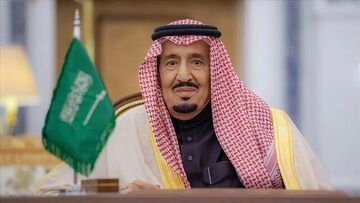TEHRAN (Bazaar) –Nader Entessar, Professor Emeritus of Political Science from university of South Alabama says that it is absolutely necessary to establish a robust mechanism to compensate Iran immediately if the United States once again withdraws from the JCPOA.
“This mechanism could be in the form of an internationally-controlled and internationally-guaranteed escrow account that is outside the US financial control system and is managed by a collective of independent players that cannot be micromanaged or threatened by Washington,” Entessar told Bazaar.
Following is the full text of the Bazaar interview with Professor Entessar:
Bazaar: The new round of nuclear negotiations between Iran and the other side has started in Vienna. What is your assessment of this round of negotiations?
Entessar: I am not sure if the new round of negotiations will be different from the previous ones. I hope a breakthrough will occur this time, but in the absence of verifiable information, it is hard to determine if any genuine progress has been made in the ongoing nuclear negotiations.
Bazaar: Some argue that the resumption of JCPOA negotiations after a 5-month hiatus could indicate that the informal talks during this period have opened up a space for progress and that all the negotiators have agreed to travel to Vienna and interact face-to-face. What is your assessment?
Entessar: If indeed all the negotiators, including the US and Iranian ones, have agreed to interact face-to-face, the new round of nuclear talks may open up the needed space for the talks to progress. We have to finally publicly acknowledge that the two main players in the Viena nuclear negotiations have been Iran and the United States. I think the European-led intermediary phase of negotiations has run its course. It is now time for both Tehran and Washington to meet directly to determine if a genuine breakthrough is possible, or if the nuclear talks have to come to an end.
Bazaar: According to some unofficial news, the negotiating team between Iran and the United States has made significant progress regarding the payment of compensation to Iran in case the United States withdraws from the JCPOA. Given that one of the important issues has been this issue, how do you evaluate the progress in this field?
Entessar: I believe it is absolutely necessary to establish a robust mechanism to compensate Iran immediately if the United States once again withdraws from the JCPOA. This mechanism could be in the form of an internationally-controlled and internationally-guaranteed escrow account that is outside the US financial control system and is managed by a collective of independent players that cannot be micromanaged or threatened by Washington. The modalities of such a financial mechanism can be worked out during the current negotiations. However, it is vital for Iran to have an iron-clad mechanism in place before any agreement is finalized.
Bazaar: Before the start of negotiations, Europe had presented a draft to exit the deadlock. Is this draft the basis of negotiations?
Entessar: Without knowing what the purported European draft entails, it is hard to say if the current version of the draft is drastically different from the previous European proposals.
Bazaar: What is your prediction for the future of JCPOA?
Entessar: It is hard to predict the outcome of any highly contentious and complex negotiations let alone a grueling one like the Iran nuclear deal which has gone through many iterations over the years. Unless Iran's legitimate concerns about the durability of a revived JCPOA are addressed, the deadlock will not be broken.















نظر شما